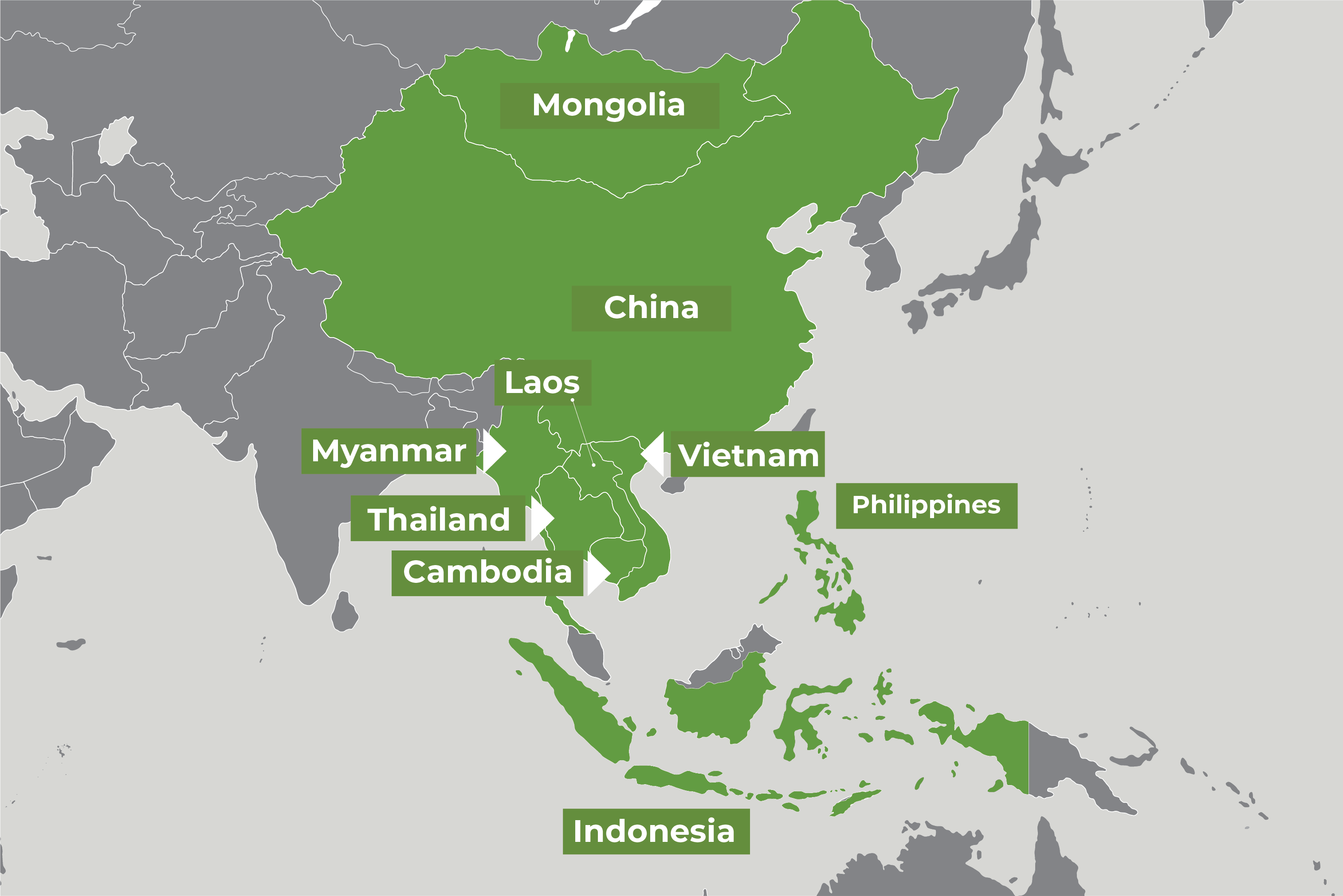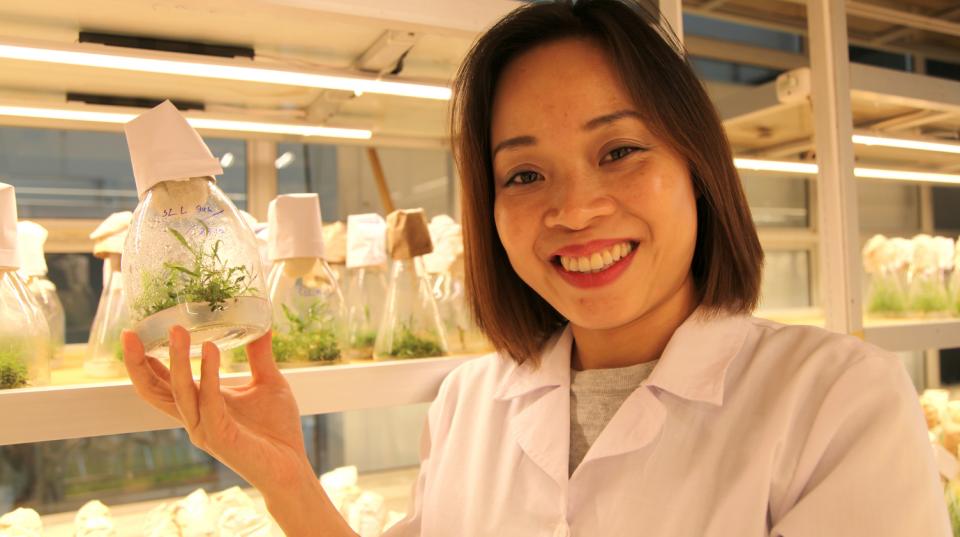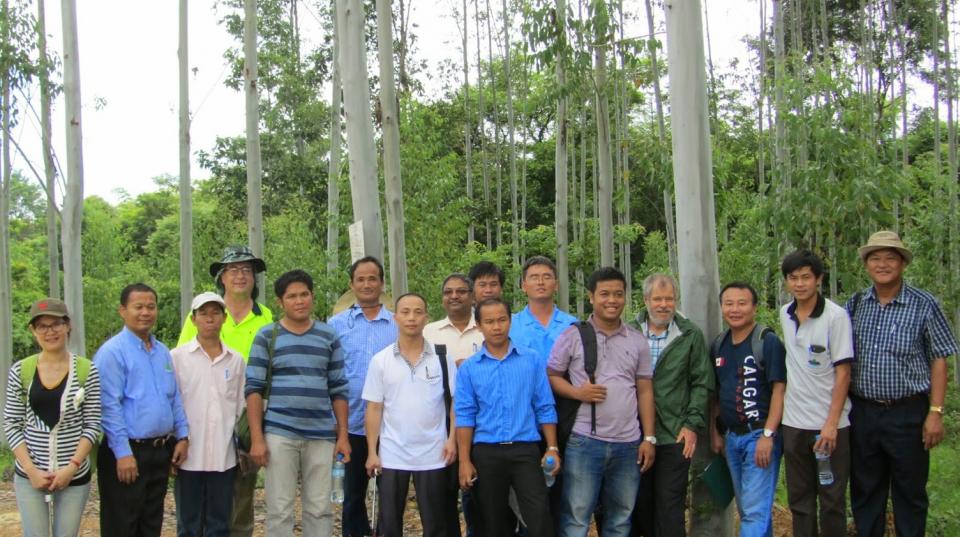Overview
This project aims to provide tools and technologies to underpin good biosecurity practice in SE Asian forestry under current and future climate scenarios, and to transfer and embed this knowledge, in public policy and public and private institutional arrangements and practices, for good plantation biosecurity outcomes.
Research carried out in Indonesia and Vietnam will provide new tools and technologies which can be implemented to better manage biosecurity risks throughout SE Asia. In tropical Southeast (SE) Asia, plantations of acacia and eucalypt species now exceed seven million hectares providing significant potential wood supply and regional development opportunities.
Forestry can provide significant income to both smallholders and industrial growers in SE Asia. In Indonesia, one of the highest priorities remains improving livelihoods for communities from forest products and services (ACIAR Operational Plan 2019-20, p. 87). Similarly, a country priority for Vietnam is increasing value from forests (ACIAR Operational Plan, p. 115).
Project outcomes
- Information will be available, on the current and projected future distribution of selected pest and diseases threats, to guide the deployment of planting material and forest health surveillance.
- Forestry companies, local service providers and research organisations will have recourse to tools and methodology to efficiently detect biotic damage to trees with Unmanned Aerial System (UAS), facilitating an early response to pest and pathogen incursions.
- A suite of management practices for effective biosecurity in SE Asian timber plantations will be well understood and supported by evidence-based participatory research. It will include review of programs distributing germplasm and other technical advances to smallholders and between government and private sector actors.
- Understanding of the potential impact of climate change on the suitability and survival of forest pests and pathogens (PnPs).
- Increasing knowledge and skills for low cost, effective UAS methods for detecting tree damage.
- Including geneticists, plant health experts, climate change scientists, silviculturists and extension officers in forest Research Development and Extension (RDE) work teams, and these teams understanding the need for transdisciplinary approaches to research.
- Women scientists and technical staff in Indonesia and Vietnam are empowered for leadership and delivering excellence in science. Biosecurity risk management becomes an integral part of forest policies, planning, management and any underpinning RDE.
- Tailoring low cost UAS technologies to tropical hardwoods facilitate the efficient detection of pest and pathogen occurrence before damage reaches devastating levels.
- Effective public-private sector collaboration in breeding tolerant germplasm.
- Measuring the success and uptake of new germplasm by smallholders.
- Establishing seed orchards for disease-tolerant germplasm.





